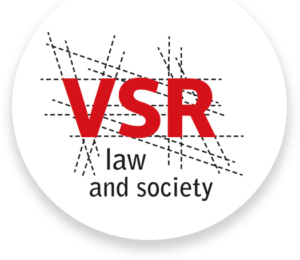The work-in-progress group seeks to bring together scholars conducting research in various fields, including vulnerability and law, postcolonial approaches to law, feminist legal theory, queer legal theory, intersectionality and law, access to justice, responsive law and governance, person-centered/human-centered legal design, and related areas. The group aims to provide a platform for scholars to present their ongoing work and receive valuable feedback, as well as engage in discussions on seminal texts in the field. Furthermore, it aims to facilitate exchanges with scholars outside of the Netherlands who are working on similar topics.
Interested individuals are encouraged to become members of the work-in-progress group.
To join, please send an email to anna.pivaty@ru.nl expressing your interest.
Background
In the recent years, (socio-)legal, sociology of law and human rights scholars have increasingly questioned the assumptions behind the ‘liberal legal subject’ and its relationship with the state. The classic liberal theory departs from the notion of autonomous, rational, self-sufficient and equally resourced individuals, capable of defending their legal rights independently and effectively, who mostly wish to be left alone by the state.
Several emerging theories have questioned these assumptions, including those of vulnerability, intersectionality and of responsive law. The theory of vulnerability, for instance, argues that state regulation and policies should be re-designed based on the idea of a ‘vulnerable legal subject,’ who is embedded in a web of social and institutional relations, characterized by unequal positions of dependency of power. Also, the fields of postcolonial legal studies, feminist legal theory and queer legal theory offer important criticisms to the postulates behind the ‘liberal legal subject.’
The above-mentioned theoretical approaches call us to reconsider our thinking about (the nature of the) law and legal regulation. For example, they expose ‘blind spots’ of legal regulation stemming from the need for generalisation and categorisation. Consequently, calls are made for more individualised or contextualised (‘customised’) approaches to law-making. Frequently raised criticisms of these contextualised approaches, however, are that they disrupt legal certainty and fail to provide sufficiently clear guidance of action for state institutions and government officials.


